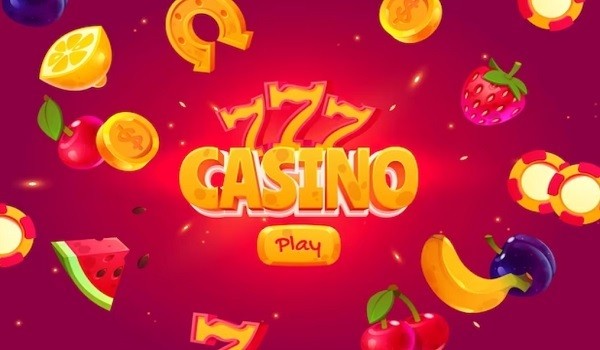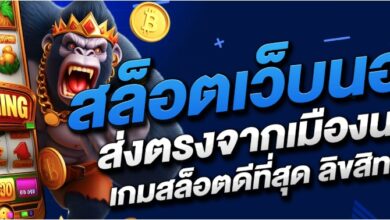Lesson Plans and Luck: Integrating Online Slots into Educational Ventures

One unconventional yet intriguing idea gaining traction is the integration of online slots into educational ventures. While the mention of gambling may raise eyebrows, this approach aims to leverage the principles of chance, psychology, and risk assessment to create unique and engaging lesson plans.
This blog explores the potential benefits and considerations of integrating online slots into educational settings, challenging traditional methods and sparking a new conversation in the realm of pedagogy.
The Power of Engagement:
One of the primary challenges in education is maintaining student engagement throughout a lesson. Traditional lectures and assignments may not always capture the attention of today’s tech-savvy and easily distracted learners. Here is where the concept of integrating online slots comes into play. The element of luck and unpredictability associated with slot machines can create a dynamic and interactive learning environment.
Imagine a history lesson where students explore different historical events through a slot machine interface. Each spin could reveal a specific era, and students would then delve into research, presentations, and discussions related to that period. This gamified approach for slot that adds an element of excitement, encouraging students to actively participate and take ownership of their learning.
Teaching Probability and Statistics:
Beyond mere engagement, integrating online slots into education provides a practical platform for teaching probability and statistics. Students can analyze the odds of certain outcomes, understand the concepts of randomness, and apply statistical methods to evaluate their chances of success. This real-world application of mathematical concepts adds relevance to the curriculum, bridging the gap between theory and practicality.
In a mathematics class, for instance, students could simulate various scenarios using online slots to comprehend the principles of probability. The spinning reels can serve as a visual representation of mathematical concepts, making abstract ideas more tangible and accessible. This hands-on experience fosters a deeper understanding of statistical concepts that can be challenging to grasp in a traditional classroom setting.
Developing Critical Thinking Skills:
The integration of online slots in educational ventures can also contribute to the development of critical thinking skills. Students are required to make decisions, assess risks, and strategize based on the outcomes of the game. This mirrors real-life situations where individuals must evaluate information, weigh options, and make informed choices.
An English literature class, for example, could incorporate online slots to explore different plot twists in a novel or short story. Students would analyze the consequences of each twist and consider alternative narratives. This process encourages them to think critically, fostering skills that extend beyond the classroom and into various aspects of their lives.
Ethical Considerations and Responsible Gambling Education:
While the idea of integrating online slots into education is intriguing, it is crucial to address ethical considerations and concerns related to gambling. It is imperative to approach this integration with a responsible mindset, ensuring that students are educated about the potential risks and consequences associated with gambling.
A dedicated module on responsible gambling could be incorporated into the curriculum, emphasizing the importance of understanding one’s limits and making informed choices. This not only aligns with the broader goals of education in promoting responsible citizenship but also serves as a valuable life skill in navigating the complexities of decision-making.
End Note
Integrating online slots into educational ventures may initially seem unconventional, but its potential benefits are worth exploring. By tapping into the psychology of chance, enhancing engagement, and promoting the development of critical thinking skills, this approach offers a unique perspective on modern pedagogy. However, it is essential to approach this integration with a responsible mindset, prioritizing ethical considerations and ensuring that students are equipped with the knowledge to make informed choices. As education continues to evolve, embracing innovative ideas such as this can pave the way for a more dynamic and effective learning experience for students in the 21st century.




